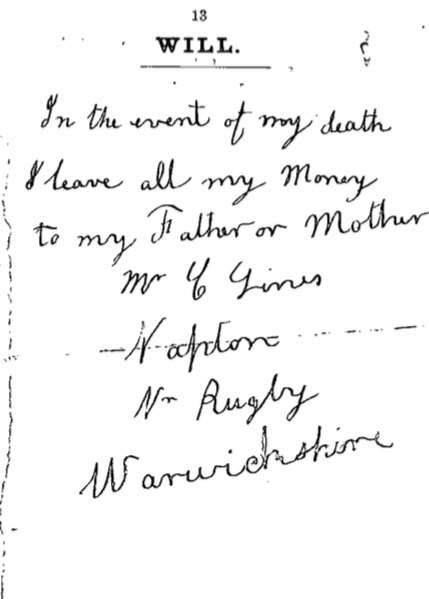‘Their name liveth for evermore’.
It was Rudyard Kipling’s idea to put words from the Hewbrew Scriptures’ book of Ecclesiasticus on the Stone of Remembrance in each war cemetery. Kipling similarly composed the lines, ‘A Soldier of the Great War. Known Unto God’, for those whose remains could not be identified.
Perhaps the gravestone inscription has become more significant than that on the Stone of Remembrance and that it is now only God who remembers the names of the fallen. Perhaps Alan Bennett’s line in The History Boys is true and that it was never about ‘Lest we forget’, but was instead ‘lest we remember’, that all of the monuments and ceremonies were an opiate against the horrific and painful realisation of the full horror of what had taken place.
In June days last summer, I meandered along the Western Front, from the flat fields of Flanders to the deep valleys and ridges of the Somme. The object was to visit the graves of those from the little Somerset village I called home. An additional grave was on my list, that of Private Henry Lines.
The name of Henry Lines had been encountered in the parish of Napton in Warwickshire. He had been an uncle or some similar connection of Bob, a man researching his family tree. Henry Lines had been a member of the 10th Battalion of the Warwickshire Regiment and had died at the Somme on 30th July 1916. I believe it was the first action in which he had participated.
The mortal remains of Henry Lines were interred in Caterpillar Trench Cemetery, as is the case of so many of the cemeteries, it is a place of tranquility and beauty, an experience incongruent with the events that had taken place there.
I went to Henry Lines’ grave and stood in silence before taking a photograph of the headstone. The photograph was emailed to Bob, who was unsure whether any family member had ever had the opportunity to go to Henry Lines’ last resting place.
Conducting genealogical research last month, I discovered that the General Register Office has wills online, dowloadable for £1.50. I took the opportunity to find Henry Lines’ will.

As would have been the case with countless other soldiers, Henry Lines wrote his will on Page 13 of his paybook. It is an unremarkable will, leaving his money to his parents, but there seemed a deep poignancy in the few lines.
Bob died before I discovered the will, there are now only a couple of remote family members who might remember his name. The declaration ‘their name liveth for evermore’ seems now to have become hollow. Perhaps there is reassurance in the belief that God knows the name of Henry Lines.

